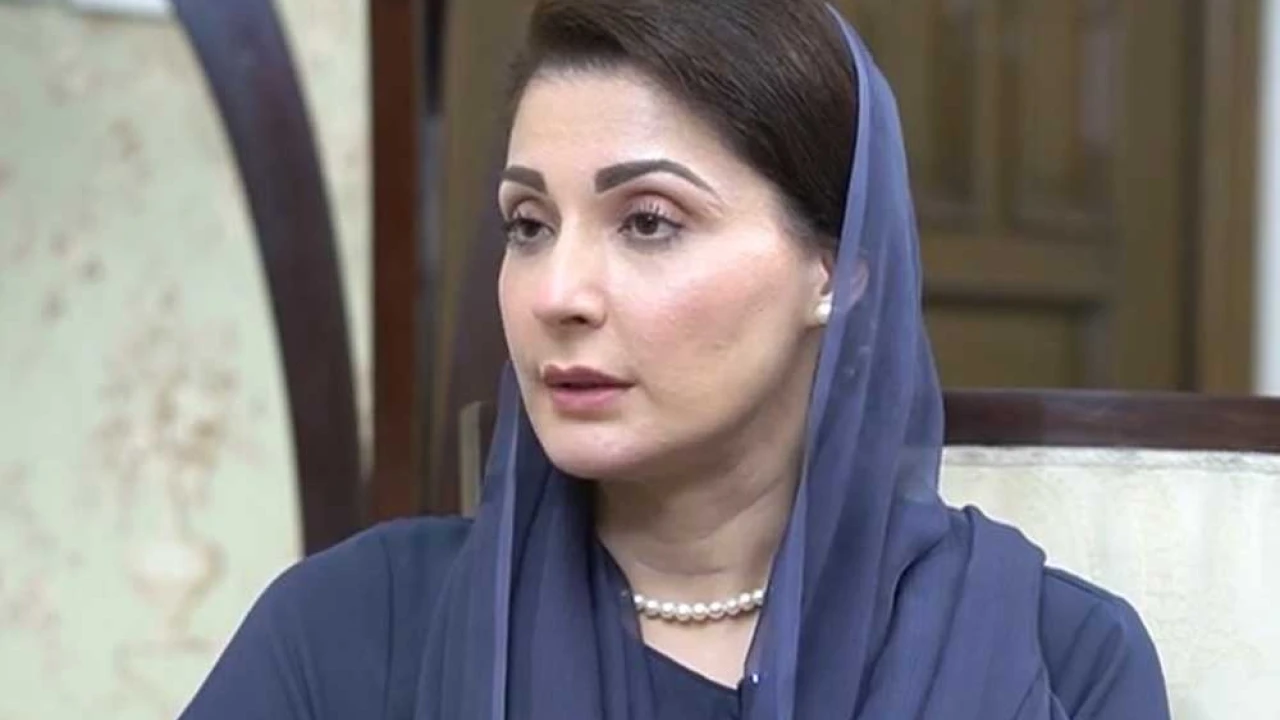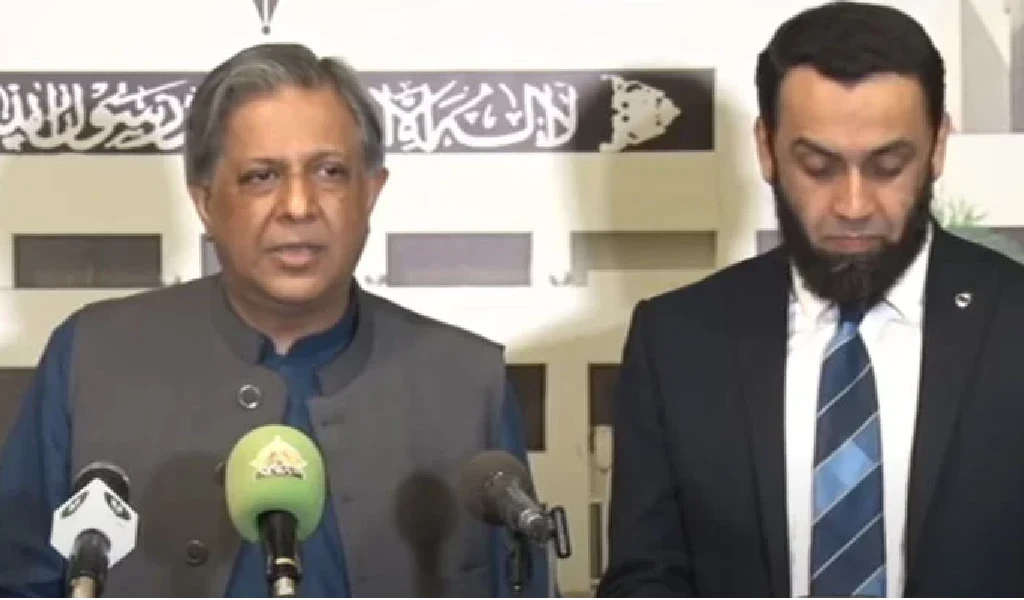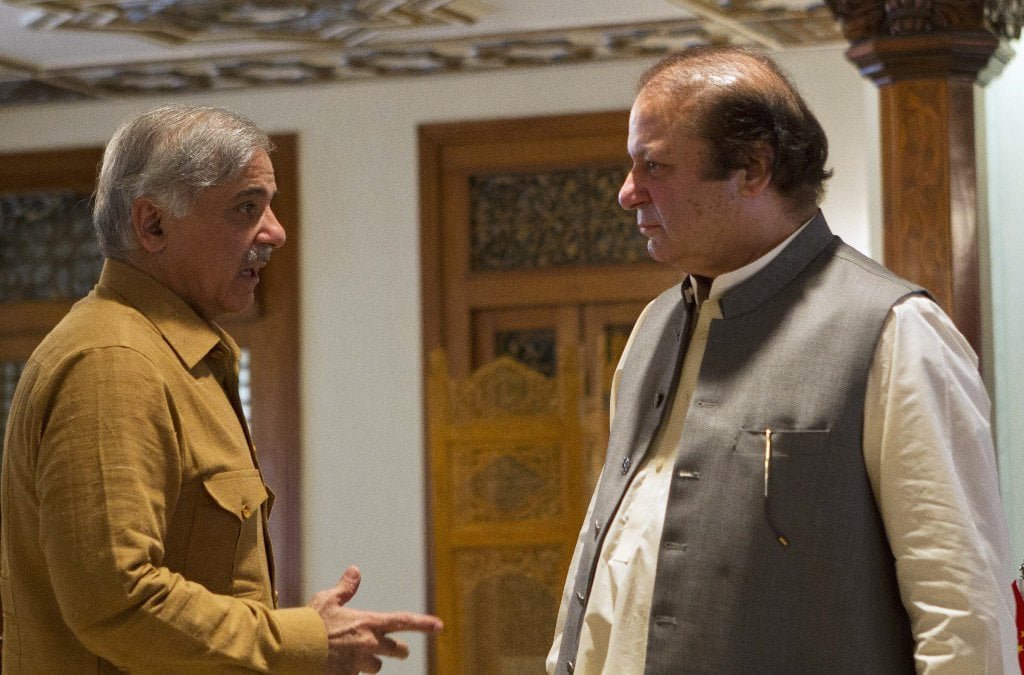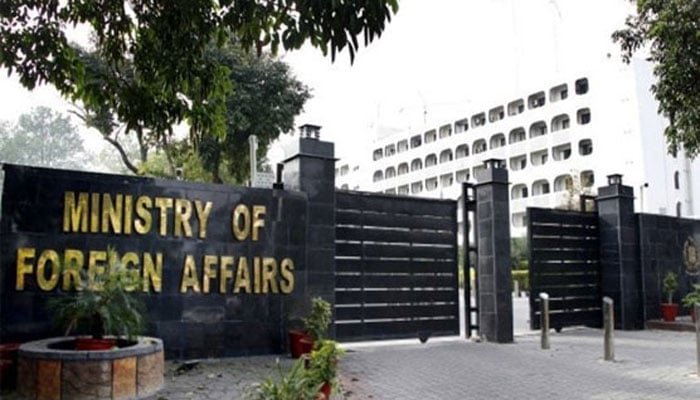Punjab Chief Minister Maryam Nawaz characterized the current PML-N governments in Islamabad and Punjab as the fourth term of elder Sharif, emphasizing her commitment to continuing the mission initiated by her father, the former three-time prime minister who faced premature exits due to political interference.
Addressing a gathering in Phoolnagar, Kasur district, where she inaugurated a rural health center (RHC), Maryam Nawaz reaffirmed her dedication to serving the masses and prioritizing the interests of Punjab’s 130 million residents.
She urged the public to prevent any disruption to the development process and envisioned a transformed Pakistan and Punjab if the current government completes its full term. Describing herself and Prime Minister Shehbaz Sharif as soldiers of elder Sharif’s vision, she emphasized their collective commitment to public welfare.
Price Control and Agricultural Reforms
Maryam Nawaz vowed to prioritize price control, declaring responsibility for monitoring the prices of essential commodities such as tomatoes, onions, and potatoes. She contrasted this stance with a past leader’s indifference to price fluctuations during their tenure.
Highlighting the government’s swift response to inflation, Maryam mentioned efforts to reduce roti prices and stabilize onion prices, which had surged to Rs300 per kg before decreasing to Rs100 per kg.
Dispelling concerns about a wheat crisis, the Chief Minister asserted that corruption in wheat procurement had been eradicated, hinting at ongoing irregularities reported during previous procurement drives.
Announcement of Development Packages
Maryam Nawaz announced a historic Rs400 billion package to be rolled out over four months, aiming to provide each farmer with Rs150,000 through Kissan Cards to purchase agricultural inputs like seeds and fertilizers.
Enhancing Healthcare Infrastructure
Addressing healthcare, Maryam highlighted ongoing efforts to refurbish 300 RHCs and over 2,500 basic health units in Punjab, ensuring that healthcare services reach every doorstep. She emphasized initiatives like mobile health units and clinics on wheels, assuring an ample supply of medical staff across the province’s health centers.



